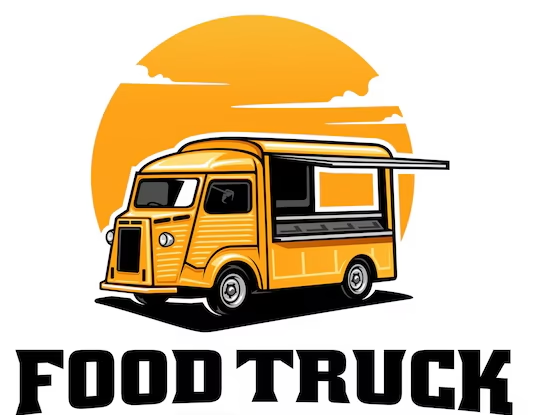Starting a Successful Food Trailer Business: A Comprehensive Business Plan
The food trailer industry is booming, http://yourdesignedfoodtrailer.shopoffering entrepreneurs a flexible, cost-effective way to serve delicious meals without the overhead of a brick-and-mortar restaurant. Whether you’re passionate about gourmet burgers, artisan coffee, or exotic street food, launching a food trailer can be a profitable venture. In this blog post, we’ll outline a detailed food trailer business plan to help you hit the road with confidence.
1. Executive Summary
A food trailer business involves selling prepared food from a mobile setup. This concept allows for mobility, lower startup costs, and access to a wide range of customers. Your business plan should highlight the mission, objectives, http://commercialtrucktrader.comtarget market, and an overview of your expected expenses and revenue streams.
2. Market Research and Target Audience
Understanding your customers is crucial. Research the demographics, local food preferences, and popular food truck hubs in your area. Look at your competitors and identify gaps in the market. Ask:
- What foods are in high demand?
- Are there specific events or locations where food trailers thrive?
- How can I differentiate my food trailer from others?
3. Menu and Unique Selling Proposition (USP)
Your menu defines your brand!http://craigslist.org Whether you specialize in authentic tacos, gourmet grilled cheese, or fusion cuisine, ensure your offerings stand out. Develop a signature dish and emphasize quality, affordability, and convenience.
4. Legal and Licensing Requirements
Before rolling out your http://ebay.comfood trailer, secure permits and licenses such as:
- Food handling permits
- Business registration
- Health inspections
- Parking and zoning permits
Compliance with local food safety laws ensures smooth operations.
5. Budget and Financial Planning
Financial planning is crucial for success. Consider startup costs like:
- Trailer purchase or lease
- Equipment and inventory
- Marketing and branding
- Fuel and maintenance
Outline projected monthly expenses and expected profit margins to maintain a sustainable business.
6. Branding and Marketing Strategy
Create a strong brand identity!
- Design a http://facebook.com/marketplacelogo and trailer wrap for visibility
- Use social media to attract customers
- Offer promotions and loyalty rewards
- Participate in community events and food festivals
7. Operations and Customer Service
Efficiency in operations ensures higher profitability. http://usedvending.comOptimize food prep times, maintain quality control, and provide excellent customer service to build loyal customers. Train staff to uphold food safety standards and maintain friendly interactions with patrons.
8. Scaling and Growth Opportunities
Once established, consider expansion strategies such as:
- Adding new menu items
- Operating multiple trailers
- Partnering with local businesses for catering
Conclusion
Starting a food trailer business is anhttp://bing.com exciting venture that requires careful planning, creativity, and dedication. With the right strategy, a strong brand, and consistent quality, you can build a thriving mobile food enterprise.

